Cooking is much more than just preparing meals. It creates bonds, brings families together and allows us to share tasty moments. For the elderly, cooking is particularly important. It gives them the opportunity to maintain their independence, get involved in meal preparation and enjoy a balanced diet adapted to their needs. In this article, we’ll share practical tips, simple recipes and ideas to help older people make the most of cooking and share delicious moments with their families.
- Cooking for the elderly offers precious moments of sharing and pleasure. By following these practical tips and preparing simple, appropriate recipes, you can create tasty, nutritious meals for your elderly loved one. Don’t forget that cooking is also an opportunity to strengthen family ties and create precious memories. Enjoy these moments of culinary sharing and make every meal a tasty moment for all.
- Nutrition: A balanced diet is essential for maintaining good health, boosting the immune system and preventing disease. By cooking meals at home, you have greater control over the ingredients used, and can provide your elderly loved one with a healthy diet tailored to their needs.
- Autonomy: Cooking enables the elderly to maintain their independence by preparing their own meals. This fosters a sense of autonomy and self-confidence.
- Sensory stimulation: Preparing meals involves the senses, such as smell, taste and sight. This can help stimulate the appetite and reinforce the pleasure associated with food.
- Sharing moments: Cooking offers a unique opportunity to share convivial family moments. By involving your elderly loved one in meal preparation, you create precious memories and strengthen family ties.
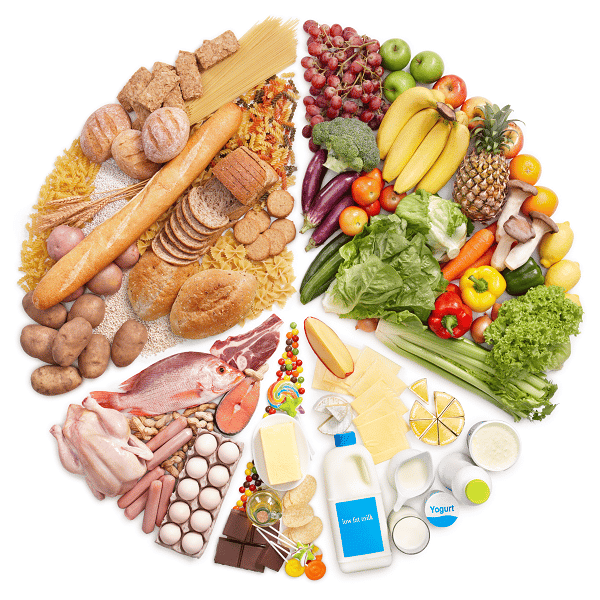
The importance of cooking for the elderly
Cooking plays an essential role in the lives of the elderly. Here are a few reasons why it’s so important:
Practical tips for cooking with the elderly
Cooking with the elderly requires a few adjustments and precautions. Here are a few practical tips to make this experience pleasant and safe:
Adapting recipes
Opt for simple recipes, with clear, easy-to-follow steps. Avoid complex dishes that may be daunting or difficult to prepare. Simplify recipes by using fewer ingredients, while maintaining nutritional balance.
Taking food preferences into account
Take your elderly loved one’s dietary preferences into account. Ask him about his favorite dishes and culinary memories. Involve him in meal planning and take into account his tastes and nutritional needs.
Organizing the workspace
Make sure the kitchen is a safe and accessible environment. Keep utensils and ingredients within easy reach to avoid unnecessary travel. Use ergonomic utensils that are easy to handle. Make sure that work surfaces are well lit to facilitate meal preparation.
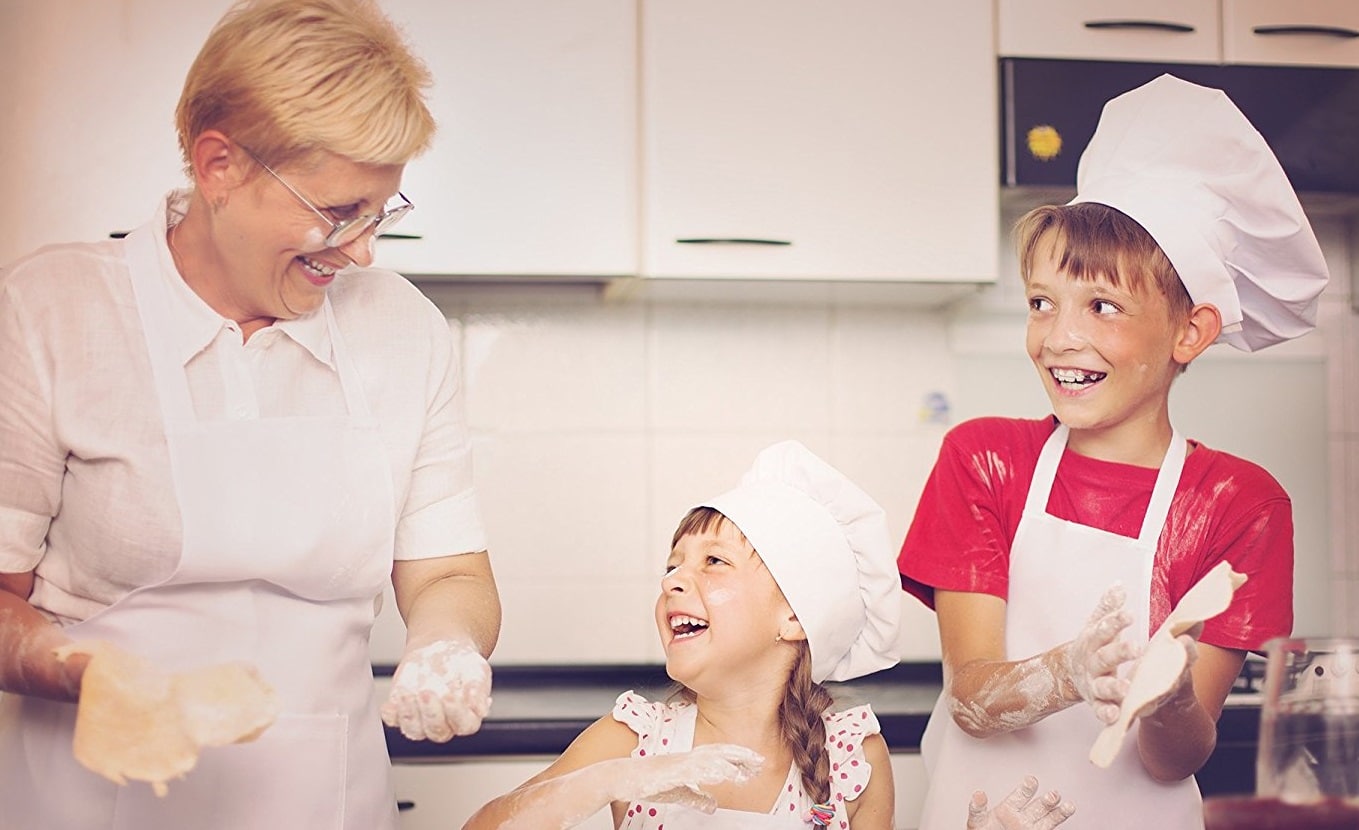
Favour balanced meals
Make sure your meals are nutritionally balanced. Include a variety of vegetables, fruits, lean proteins and whole grains. Avoid processed foods high in salt, sugar and fat.
Involving seniors
Encourage seniors to participate in meal preparation as much as they are willing and able. Small tasks, like washing vegetables, mixing ingredients or setting the table, can give them a sense of accomplishment and contribution. Adapt activities to their abilities and comfort. Encourage them to express their ideas and make decisions when preparing meals.
Ensuring food safety
Food safety is paramount, especially for the elderly who may be more vulnerable to food-borne infections. Follow good hygiene practices, such as washing hands before handling food, cooking meats properly and storing leftovers properly. Check product expiration dates regularly, and make sure you handle and store them correctly.
Encouraging family meals
Family meals are a special time for the elderly. Plan regular meals where the whole family comes together to share a convivial moment. This encourages family bonding and creates a positive atmosphere around food.
Simple recipes for the elderly
Here are a few simple and delicious recipes for the elderly:
Homemade vegetable soup
Ingredients:
- 2 carrots, peeled and diced
- 2 potatoes, peeled and diced
- 1 onion, chopped
- 1 stalk celery, chopped
- 2 cups vegetable broth
- Salt and pepper to taste
Preparation:
- In a saucepan, sauté the onion and celery in a little olive oil until tender.
- Add the carrots and potatoes and sauté for a few minutes.
- Pour in the vegetable stock and bring to the boil. Reduce the heat and simmer for about 20 minutes, until the vegetables are tender.
- Use an immersion blender to puree the soup smooth.
- Season with salt and pepper to taste.
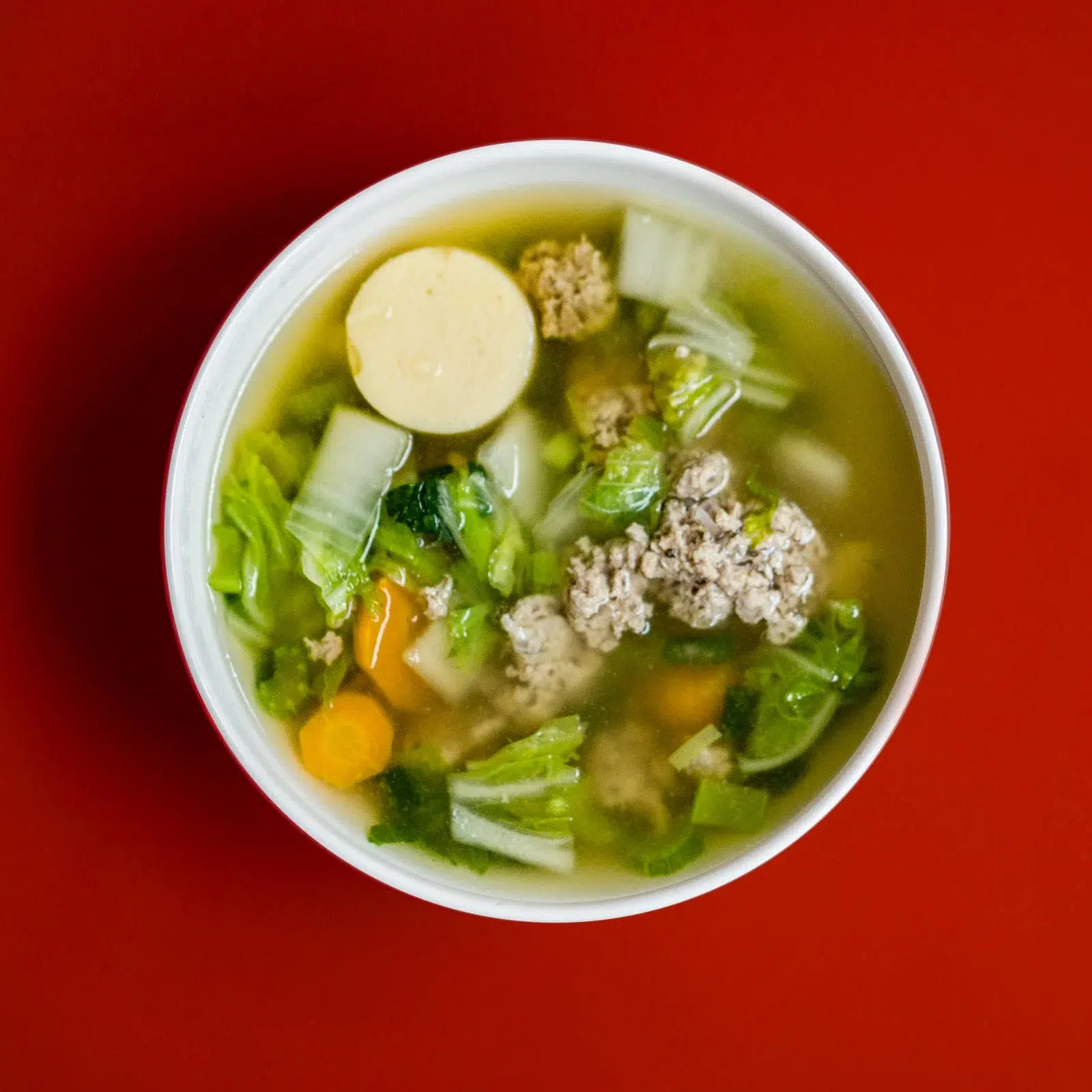
Roast chicken with vegetables
Ingredients:
- 4 chicken thighs
- 2 sweet potatoes, peeled and chopped
- 2 carrots, peeled and sliced
- 1 onion, quartered
- 2 tablespoons olive oil
- Salt, pepper and herbes de Provence to taste
Preparation:
- Preheat oven to 200°C.
- Arrange the chicken thighs, sweet potatoes, carrots and onion quarters in an ovenproof dish.
- Drizzle with olive oil and sprinkle with salt, pepper and herbes de Provence.
- Bake for about 40 minutes, until the chicken is golden brown and the vegetables are tender.
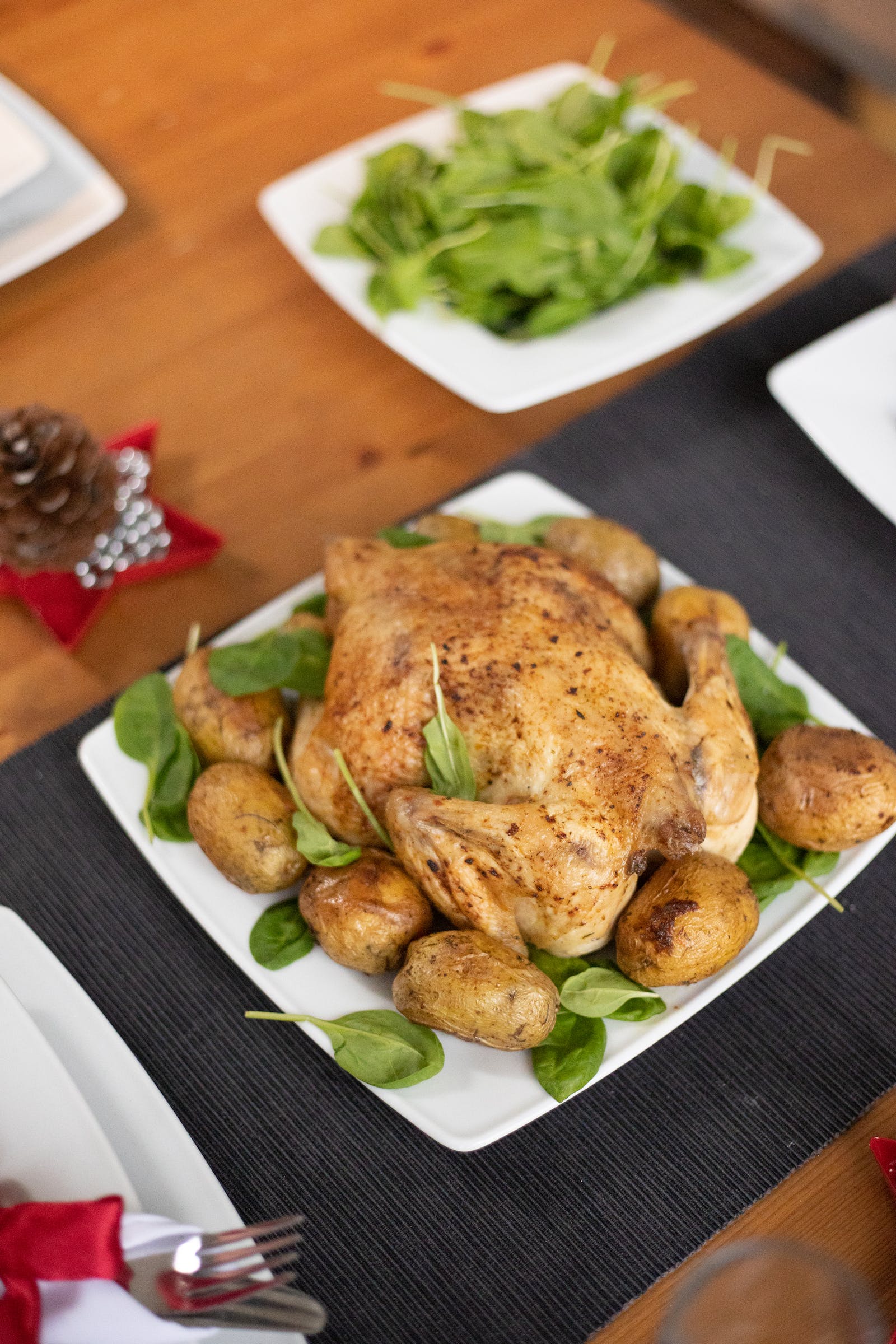
Homemade fruit compote
Ingredients:
- Seasonal fruit (apples, pears, peaches)
- Sugar (optional)
- Cinnamon (optional)
Preparation:
- Peel, core and chop the fruit.
- Place the fruit pieces in a saucepan.
- Add a little water and cook over low heat until the fruit is tender.
- Mash the fruit with a fork to obtain a smooth consistency.
- Add sugar and cinnamon to taste.
- Allow to cool before serving.
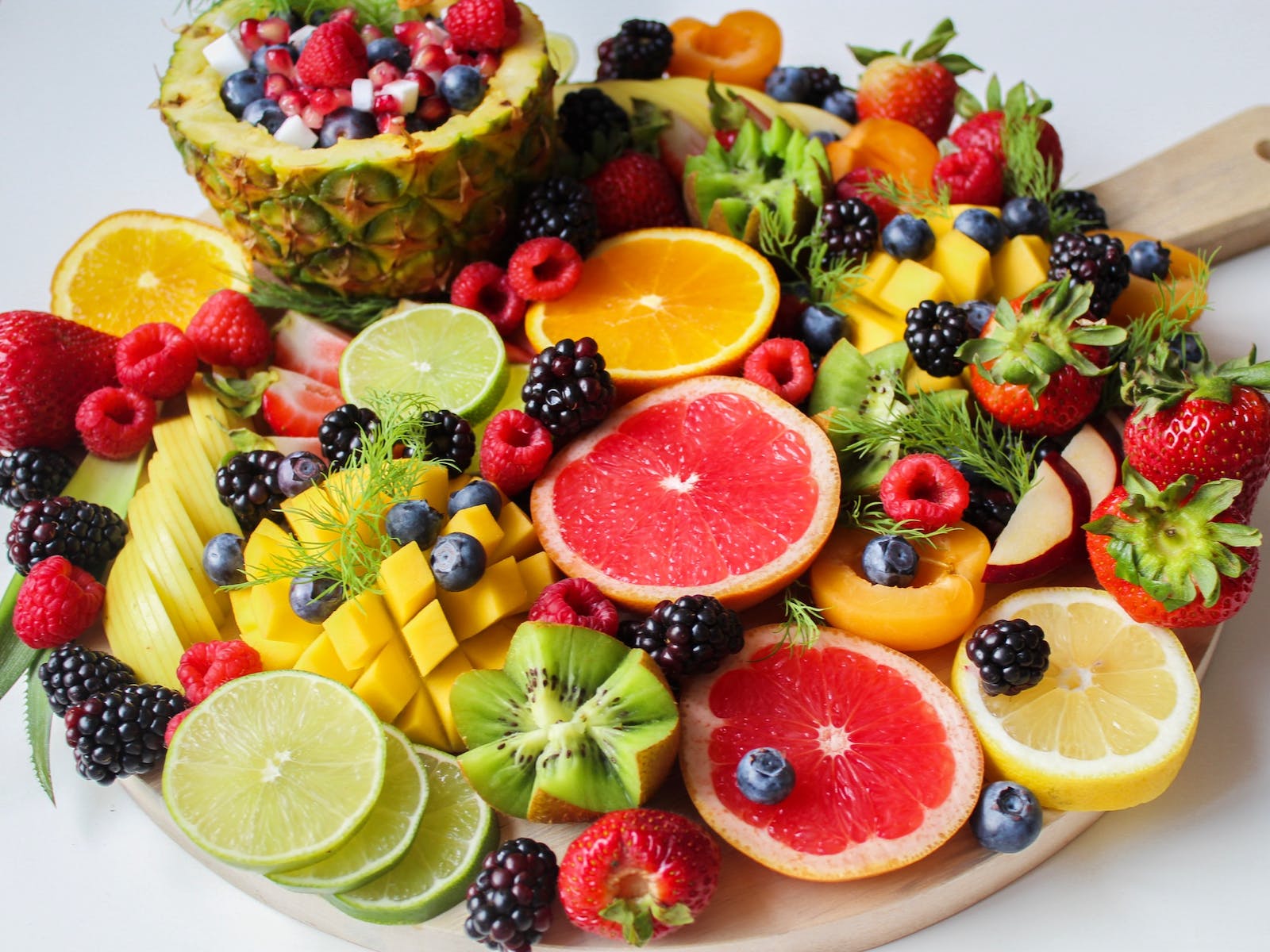
Scarlett, your memory coach
Scarlett is an application with over 30 cognitive games to work on all cognitive functions, such as memory, attention, language and logic. With three levels of difficulty, everyone can train at their own pace, without being put off.
Games are cultural, so as you play, you’ll revisit memories of your life, your experiences and your youth. All thanks to fun games such as music, recipes, history, general knowledge…
Using memories is the most effective way of working on memory, as well as the most motivating.

Other articles that might interest you:
How Parents Can Contribute to Teacher Training
As we delve into the realm of education, it becomes increasingly clear that teacher training is not merely a...
Differentiated Instruction Approaches: Training and Practical Application
Differentiated instruction is a pedagogical approach that recognizes the diverse needs of students in a classroom. It...
Key Skills Teachers Need to Support Students with Special Needs
As we embark on our journey to support children with special needs, it is essential for us to cultivate a deep...







